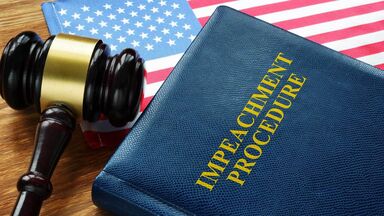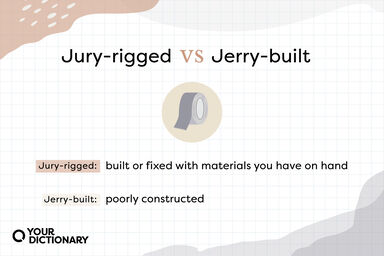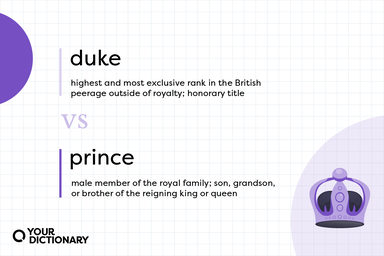On the 24th of November he was indicted for high treason at the Old Bailey, the chief ground being a paper of association for the defence of the Protestant religion, which, though among his papers, was not in his handwriting; but the grand jury ignored the bill.
The list of grievances presented by Wesley's enemies to the Grand Jury at Savannah gives abundant evidence of his unwearying labours for his flock.
In this same year a system of peonage that had grown up in the state attracted wide attention, and a Federal grand jury at a single term of court indicted a number of men for holding persons as "peons."
The edition of 1723 was presented as a nuisance by the Grand Jury of Middlesex, was denounced in the London Journal by "Theophilus PhiloBritannus," and attacked by many writers, notably by Archibald Campbell (1691-1756) in his Aretelogia (published as his own by Alexander Innes in 1728; afterwards by Campbell, under his own name, in 1733, as Enquiry into the Original of Moral Virtue).
The author was prosecuted by the grand jury of Middlesex; and, when he attempted to settle in Dublin at the beginning of 1697, he was denounced from the pulpit and elsewhere.





